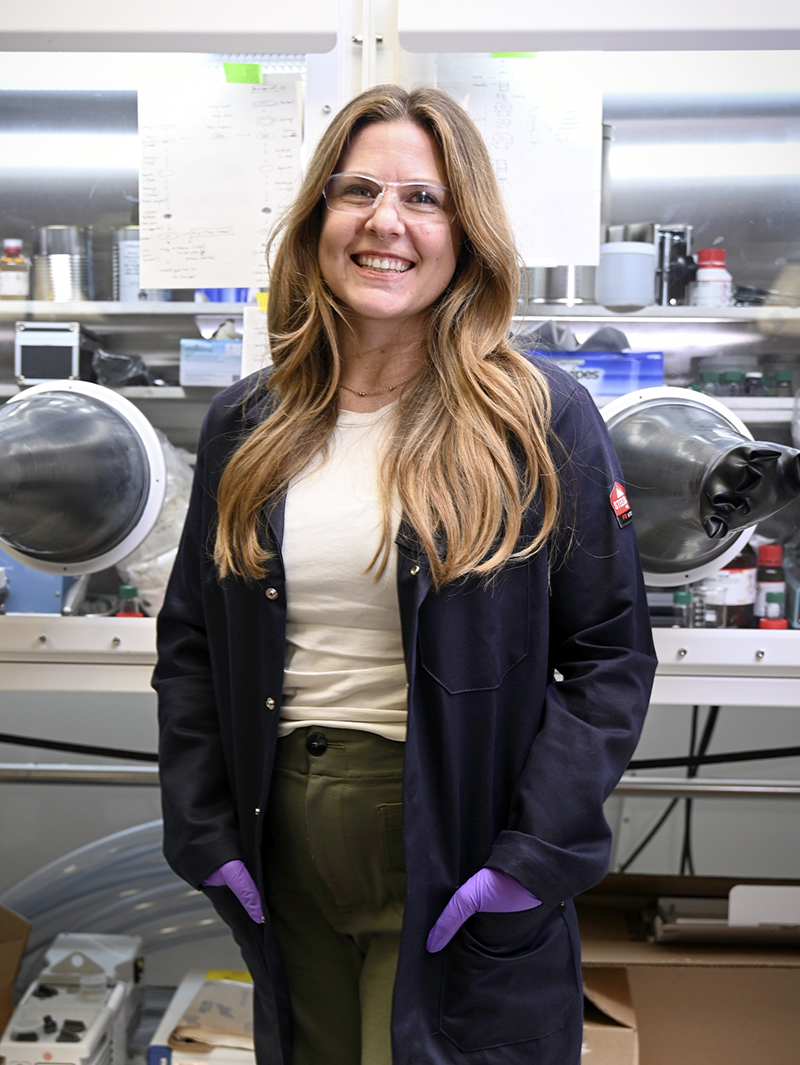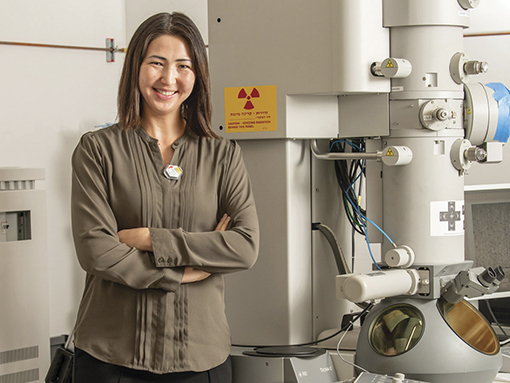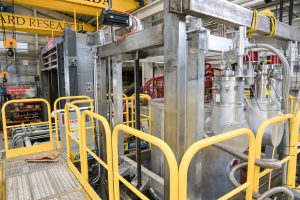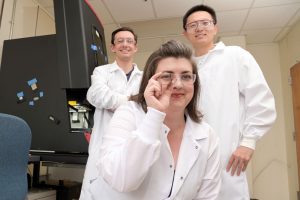Materials Science and Engineering (MSE) and Nuclear Engineering (NE) were brought together under the Department of Materials Science & Engineering at the University of Florida. By combining these two engineering disciplines, the department expanded its nuclear materials and biomaterials research and strengthened its research capabilities.

MSE research deals with the scientific and engineering aspects of various materials’ structure, properties, manufacturing, and applications. It also includes developing novel materials and processes, understanding existing materials’ behavior, and selecting materials to design functional components.
The most critical aspect of our MSE research programs is that they are interdisciplinary and focus on all materials, including biomaterials, ceramics, electronic materials, glasses, metals, minerals, polymers – and their composites. Many research initiatives also involve multiple investigators and close collaboration with other disciplines. Computational materials science is also a growing area of research for the department.
The department also includes several other facilities, including the Center for Dental Biomaterials, which consists of a broad range of collaborative studies involving UF Medicine and Dental school faculty and industrial participants.
The department is also home to the Computational Materials Science Focus Group, a multidisciplinary effort focusing on developing a better understanding of materials science through advanced computational methodologies.
The Mineral Resources Research Center concentrates on advanced studies for more efficient recovery of mineral resources and involves industries from around Florida and the nation.
The SWAMP Center provides software for modeling the physics and chemistry of the integrated circuit manufacturing process and experimental tools to verify software models. MSE faculty members also actively participate in the MICROFABRITECH multidisciplinary microelectronic program and the National High Magnetic Field Laboratory.

The department stands among the best materials, metallurgy, and ceramics departments in the nation, with an annual research expenditure of over $18 million, and has successfully developed and licensed several new products and materials. Some recent technologies transferred include high conductivity solid oxide fuel cell ceramics, advanced chemical mechanical polishing slurries, surface-modified intraocular lenses, particle nanocoating, and diamond single crystals.
The NE program includes various fields such as power generation, radiation transport methods, nondestructive imaging and detection, advanced nuclear materials, reactor thermal hydraulics, and homeland security.
Multiple opportunities await NE graduates as nuclear science and engineering continue to make significant contributions to electricity production, medical diagnostic imaging, therapy, as well as radiation detection and measurement. These possibilities will continue to grow as we face more challenges in energy production and expand our nuclear technology use.
Recent research news
- UF develops breakthrough magnet that could transform metal productionIn a groundbreaking collaboration backed by a nearly $11 million federal grant, UF researchers have developed a first-of-its kind superconducting magnet that could advance metal production and position the United States as a global leader in alloy production.
- From classroom to cosmos: Students aim to build big things in spaceA University of Florida engineering team is exploring how to manufacture precision metal structures in orbit using laser technology.
- A New Era of Nuclear? The Potential of Gas Core Reactors As the demand for clean, high-efficiency energy grows, a research team led by Justin Watson, Ph.D., and Chris McDevitt, Ph.D., associate professors of nuclear engineering… Read more: A New Era of Nuclear? The Potential of Gas Core Reactors
- Powering the Community Contests Spark Early Interest in Energy, Innovation and AIDeveloped through a collaboration between the EQuIPD Grant at the University of Florida and Duke Energy, the Powering the Community (PTC) outreach program has expanded… Read more: Powering the Community Contests Spark Early Interest in Energy, Innovation and AI




